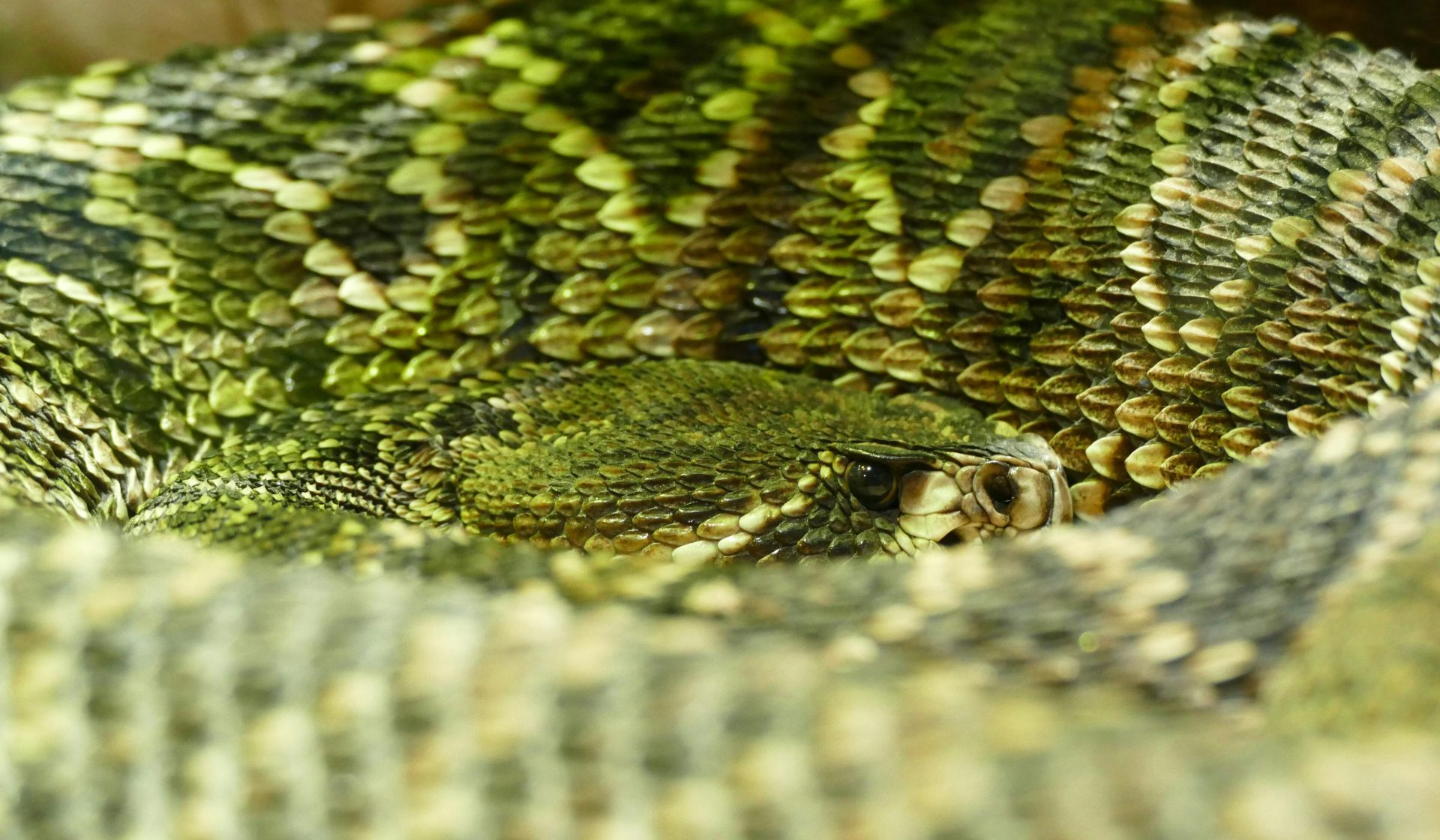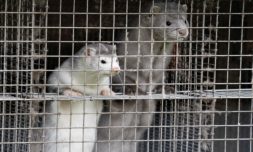Scientists from one of the world’s leading conservation bodies have condemned London Fashion Week’s decision, warning that it’s ill-informed and that exotic animal skins are often far more sustainable than alternatives such as leather and synthetic materials.
Amid continued protests against the use of exotic skins (think snake, crocodile, and other reptile species) in fashion, many brands, celebrities, and designers have chosen to begin pivoting away from it.
Years of animal rights activism has resulted in a change of attitudes and London Fashion Week is the latest to take note.
Recently, it announced a decision to ban the material – which is rarer than fur and seen by many to epitomise luxury – from its 2025 show.
‘We celebrate this important progress,’ Emma Håkansson, founding director of Collective Fashion Justice, told the Guardian.
‘It sends an important message throughout the global fashion industry that exploiting animals for their skins is both unethical and unnecessary,’ added Dr Charlotte Regan.
Despite the fact this is a positive step forward for animal rights, however, the move has surprisingly received backlash from experts.
While faux alternatives are clearly more ethical in that they don’t require animals to be killed for them to be made, sustainability-wise they’re a pretty big no-no.
Not to mention the sometimes appalling and exploitative human conditions in which they can be produced, largely in developing countries where environmental controls are lax, sweatshop conditions common, and child labour rife.
Critics are also arguing that the ‘ridiculous’ and ‘ill-informed’ ban could harm the protection of many snakes, crocodiles, and other reptile species.
As scientists from the International Union for Conservation of Nature (IUCN) explain, it would undermine incentives for communities to conserve them.
Luxury bags made from exotic skins can sell for a lot of money, with some of it going to the conservation of the species from which they are made.
In Papua New Guinea for example, sustainable harvesting systems for exotic skins have been developed that benefit communities and wildlife overall.
‘If you don’t like using animals to produce a skin or whatever it may be, that’s fine, but don’t tell the world that it’s because you care about sustainability,’ said Daniel Natusch, chair of the IUCN snake specialist group.
‘All of the life cycle analysis has been done. There is not a single raw material that we know of, apart from pineapple leather, that is more sustainable than exotic skin, particularly python. It’s ridiculous.’

















